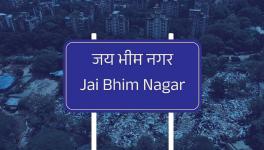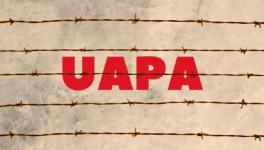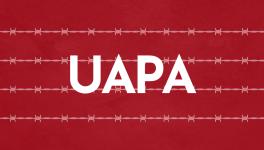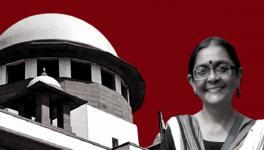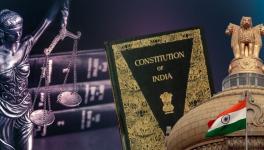Bombay HC Dismisses Application Filed by Bhima Koregoan Accused to Correct ‘Factual Errors’ in Judgment Denying Them Default Bail
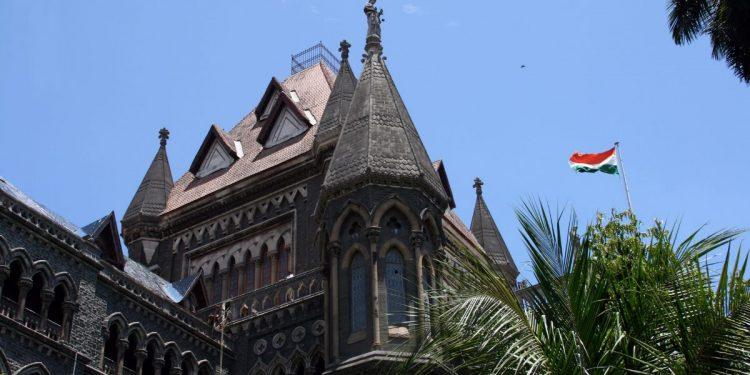
The Bombay High Court on Thursday dismissed an application filed by eight accused in the Bhima Koregoan case seeking rectification of “factual errors” in the order delivered by Justices S.S. Shinde and N.J. Jamadar on December 1, denying them default bail.
The application was filed to correct what the applicants claimed to be factual errors in the decision, by which the court granted default bail to the accused Sudha Bharadwaj, but rejected the bail applications of the eight other accused, namely, Sudhir Dawale, Dr P. Varavara Rao, Rona Wilson, Advocate Surendra Gadling, Professor Shoma Sen, Mahesh Raut, Vernon Gonsalves and Arun Ferreira.
In its judgement, the bench had said these eight accused had not exercised their right to seek default bail in time. It had observed that while Bharadwaj had filed a plea before the Pune court seeking default bail as soon as the 90-day period for filing of the charge-sheet got over without it being filed, these eight had delayed filing of their applications.
The Bhima Koregaon case was earlier with the Pune police and it is now being handled by the National Investigation Agency (NIA).
In their plea, the eight accused persons told the bench that its judgment denying them default bail was based on a “factual error.” They submitted that Dhawale, Wilson, Gadling, Sen, and Raut had filed default bail pleas before the Pune sessions court on September 26, 2018, after the 90 days period of their arrest got over and the charge-sheet remained to be filed. According to the applicants, their default bail pleas were filed in time, but the same are still pending for hearing before the Sessions court.
The eight accused told the High Court that the Pune sessions court had rejected their default bail applications along with Bharadwaj’s similar plea through a common order passed on November 6, 2019 and that it was this order that the bench comprising Justices Shinde and Jamadar had set aside on December 1 in Bharadwaj’s case.
As per law, once the maximum period, that is, 60, 90 or 180 days from arrest, provided for an investigation in a case is over and no charge-sheet is filed, the accused becomes entitled to be released on bail, which is called ‘default bail’.
During the hearing, a division bench of Justices Shinde and Jamadar observed that reliefs of this nature could not be granted through such an application.
Justice Shinde remarked that the bar under Section 362 of the Code of Criminal Procedure (CrPC) would apply to grant of such relief. Section 362 permits only correction of clerical or arithmetical errors after the signing of a judgment and disposing of a case. Pursuant to this observation, advocate Sudeep Pasbola, appearing for the applicants, requested that the application be disposed accordingly. Pasbola stated that he intended to file a petition seeking review of the order.
Generally, a “speaking to the minutes” application is filed for the purpose of correcting typographical errors or other errors through oversight, which may have crept in while transcribing the original order. Once, the judgment/order is pronounced and if any party to the same wants any rectification of any typographical error and any clerical mistake regarding the date or number, a “speaking to the minutes” application may be filed for correcting such an error in the judgment/order. However, a “speaking to the minutes” application cannot be considered at par with a review application or in a given case, with an application for clarification/modification of an order. The Supreme Court has reiterated this principle in its judgment in Akhil Bhartvarshiya Marwari Agarwal Jatiya Kosh v. Brijal Tibrewal in 2018.
(Hamza Lakdawala is a journalism graduate, who is pursuing his LL.B. at Mumbai University. He is currently a Research Associate at the Chambers of Senior Advocate Indira Jaising.)
Get the latest reports & analysis with people's perspective on Protests, movements & deep analytical videos, discussions of the current affairs in your Telegram app. Subscribe to NewsClick's Telegram channel & get Real-Time updates on stories, as they get published on our website.










